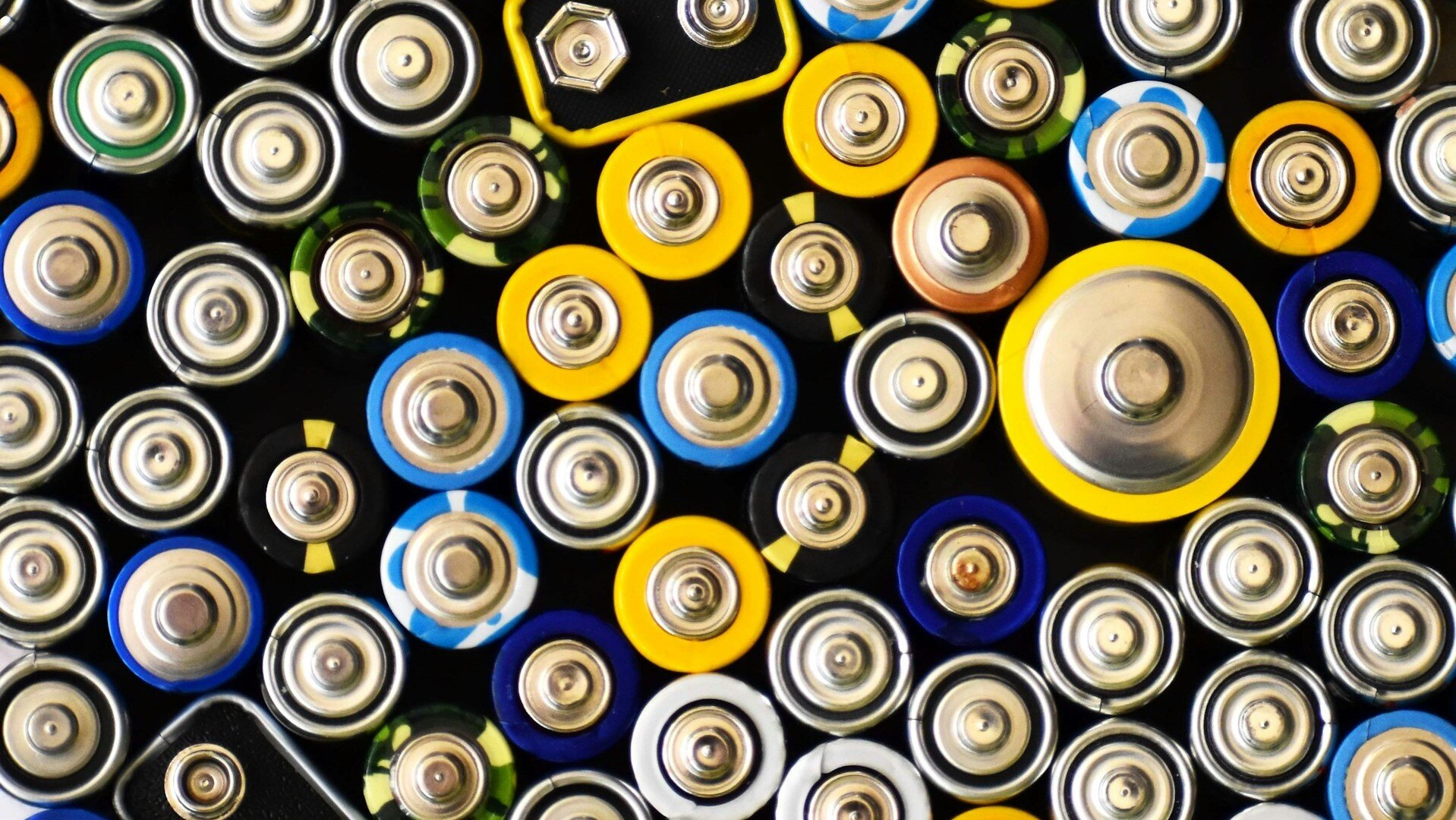Batteries not included? What sellers of toys, games, DIY tools and personal gadgets need to know.
Find out more about how Asendia's supports retailers with international shipping services
Important note: this article is not exhaustive, and you may need to follow additional requirements. Please read the IATA website pages dedicated to battery shipping by air for full details.
From toys and games to DIY tools and personal gadgets, many online retailers will be shipping products with batteries and will have additional regulations to follow for safety.
Whatever type they are, all batteries are considered hazardous and are classed as dangerous when being shipped by air or sea.
While there are lots of different batteries, there are two main types that you’ll find in most day-to-day products.
Lithium Metal Batteries
These batteries are the average non-rechargeable batteries (AA and AAA type) that you can pick up in most shops and can be used in almost all battery powered products, with standard battery compartments
With lithium metal batteries its quite easy to tell the customer ‘batteries not included’. This way you don’t have to worry about shipping batteries, and they can pick them up locally from their usual supermarket or hardware store.
‘Batteries not included’ is a very well-known standard practice for retailers across the world, so you shouldn’t find any impact on sales overseas by not including Lithium Metal batteries with their purchase. However, adding a short explanation as to why on your site will help customers understand the implications of shipping batteries across the globe.
Lithium-ion Batteries
While they sound similar, these batteries are not usually able to be used across products, having been made for the specific item they will provide power to, such as cameras, DIY tools, smartphones, and laptops. They are also rechargeable.
Lithium-ion batteries will, almost always, be shipped with the product purchased and so you will need to consider various restrictions for those packages.
These batteries are highly flammable and if exposed to high temperatures they may overheat and cause a fire, or worse, explosion. Obviously unplanned fires and explosions aren’t good at any time, but they can be disastrous on an aeroplane or ship.
Unfortunately, shipping batteries abroad may place them in hot and humid conditions, so care needs to be taken and regulations followed.
OK, so the risk is very small, but as the number of items and gadgets being shipped across the world is massive, there have been incidents so the risk can’t be taken lightly.
Thankfully the regulations aren’t too difficult to follow.
Shipping batteries by sea
Lithium Metal Batteries
While you can send these batteries with your products, we don’t recommend you do as it just isn’t worth the cost. If you must, then you just need to put them in hard plastic casing.
Lithium-ion Batteries
These batteries are usually already encased in the product they power and so can be sent by sea in that device or inside a hard and sealed case. Power tools are also ok to be sent overseas by ship if they remain in their hard container.
Shipping batteries by air
There are, naturally, more restrictions when sending batteries by aeroplane as there are greater risks if they cause a fire or explosion.
These restrictions are all part of the United Nations (UN 3480) regulations for transporting batteries by air.
Failure to comply with these regulations could result in a penalty of up to $27,000 per offence, depending on the country you are shipping to.
Lithium Metal Batteries
We don’t recommend you send these batteries by air as it just isn’t worth the cost. If you must, then you must make sure you comply with the following:
- Lithium battery mark on the package
- Cargo aircraft only label on the package
- Class 9 lithium battery label, UN number and proper shipping name on the package
- Dangerous goods declaration on the package
- Strong rigid outer packaging that can handle a 1.2 m drop test
- Training in for all employees involved in handling packages with lithium battery transport
Lithium-ion Batteries
These batteries are usually already encased in the product they power and so can be sent by sea in that device or inside a hard and sealed case. Power tools are also ok to be sent overseas by ship if they remain in their hard container.
Any lithium-ion batteries shipped by themselves must be with no more than 30% of their rated capacity and packaged correctly.
To ship a device with a lithium-ion battery, you need to comply with the following:
- Contained within the device it powers
- In the case of power banks, contained in original packaging
- Lithium battery mark on the package
- Cargo aircraft only label on the package
- Class 9 lithium battery label, UN number and proper shipping name on the package
- Dangerous goods declaration on the package
- Strong rigid outer packaging that can handle a 1.2 m drop test
- Training in for all employees involved in handling packages with lithium battery transport
Please note: this list is not exhaustive, and you may need to follow additional requirements. Please read the IATA website pages dedicated to battery shipping by air for full details.
Alternatively, you can ask an experienced, fully trained and regulated, third party shipping provider to help.
Asendia is well rehearsed in all aspects of international shipping, employing 1,500 staff at 35 global locations delivering to 200 countries. If you simply need to ask a few questions about how to get started or you’re ready to start shipping abroad, get in touch and see how Asendia can help make your eCommerce business global.





